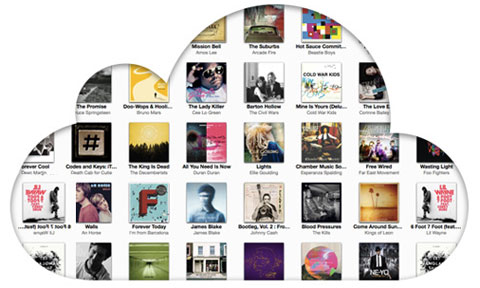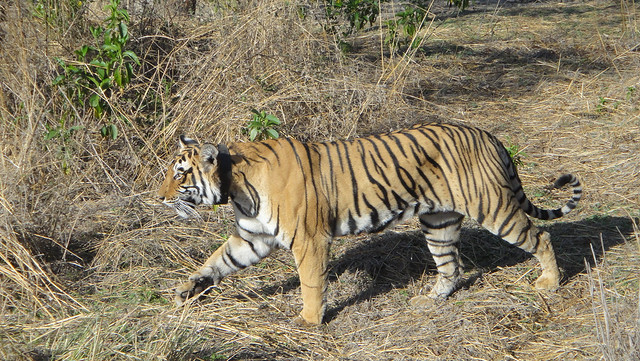I've been a subscriber to iTunes Match, Apple's online music hosting/streaming service (for want of a better moniker) for a year now and my subscription is up for renewal a week or so before Christmas.
For anyone who has never heard of iTunes Match, the service essentially offers you the ability to listen to all your music from any Apple device regardless of whether that music is synced to the device. The only caveat being that you must have Internet access (WiFi or cellular) to download or stream the file.
When you first subscribe to the service, iTunes will scan your library and match and songs that you own with a corresponding copy that they hold in the "cloud". The main advantage of Apple's service is that they hold - if memory serves correct - over 60 million songs in their database. The chances are that a lot of your albums will also exist in the Apple catalogue and these songs will instantly become available to you to stream.
For any more obscure tunes that iTunes can't match, the software will upload them to the Cloud so you have a copy available.
The whole process can be a bit time-consuming to begin with but once all of your tracks have been matched or uploaded, any incremental changes should only result in a quick scan and match/upload.
The key word in the last sentence is 'should'. I find that iTunes Match causes iTunes to hang when scanning my library for new songs. My library consists of around 13,000 songs and at any one time there might be a new album or two. iTunes seems to take ages to identify these and upload or match them.
There are a couple of new kids on the block since I first bought my subscription to iTunes match - Amazon's Cloud Player and Good Music.
As far as I can tell, the pros and cons of each are as follows:
iTunes Match
Pros:
- Integrated with iTunes so no need to download a media scanning app.
- Integrates with the Music app on my iPad.Cons:
- Slow to scan my iTunes library. Does it every time I load iTunes.
- I will soon no longer have an iPhone so no access on my phone when out and about.
- No web browser based access.
Amazon Cloud Player
Pros:
- Android app for my phone.
- Web browser based access for when I'm out and about.
- 200,000 track storage (not that I'll ever get close to that, mind).
Cons:
- No iPad app (yet).
- Not as big a catalogue of tunes to match against (so more tracks will be uploaded which takes a lot of time).
Google Music
Pros:
- Free!
- Available across all my devices and via the browser.
Cons:
- No matching feature. All music must be uploaded.
With Amazon Cloud Player being priced at the same level as iTunes Match, I think I'll be going with the former and hope that they release an iPad app sooner rather than later.


























